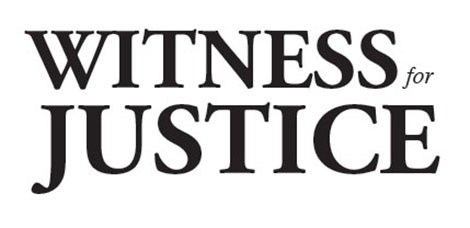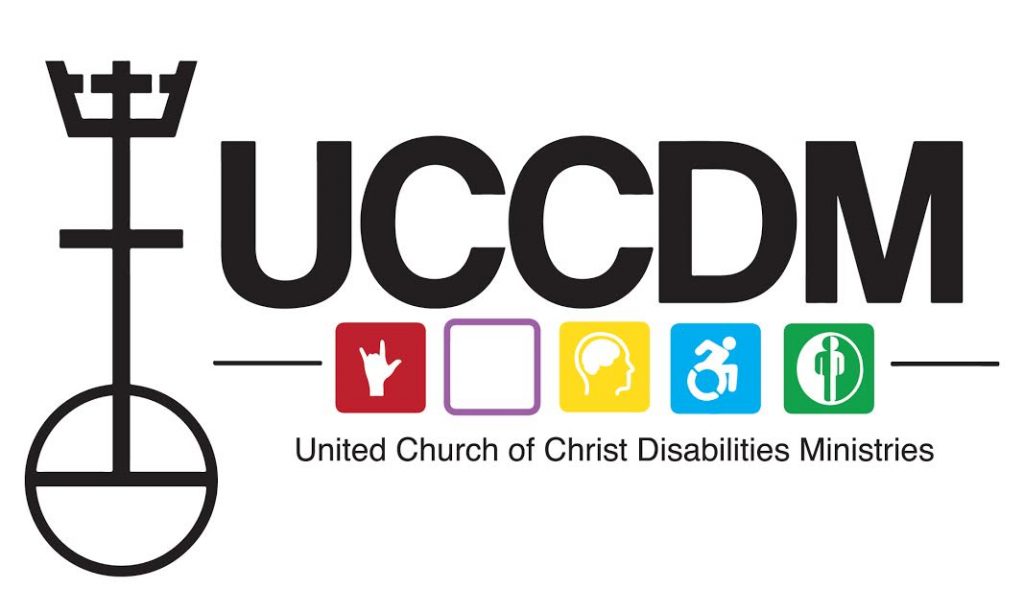Commentary: Standing Rock and the Four Stages of Moral Maturation
 From my days as a college student 20 years ago, I can recall reading about the real or imaginary efficacy of moral appeals in seeking social change. I can recall classroom debates over whether those in power ever end their oppressive ways as a result of appeals to their conscience. From my bookshelf, I can still readily find quotes on the subject. Martin Luther King, Jr., for example, once counselled against pursuing change with moral suasion but without power. This form of love he asserted was “anemic and sentimental.”
From my days as a college student 20 years ago, I can recall reading about the real or imaginary efficacy of moral appeals in seeking social change. I can recall classroom debates over whether those in power ever end their oppressive ways as a result of appeals to their conscience. From my bookshelf, I can still readily find quotes on the subject. Martin Luther King, Jr., for example, once counselled against pursuing change with moral suasion but without power. This form of love he asserted was “anemic and sentimental.”
My outlook still resonates with such perspectives, but as I reflect upon the struggle currently being waged by the water protectors of Standing Rock against the Dakota Access Pipeline, I am now in a much different place than I was all those years ago. For me, the pertinent question is no longer the efficacy of moral arguments on the powerful. Instead, the important question pertains to the moral growth of those of us non-natives who do not come from the upper echelons of our nation’s corporate and political hierarchy. From my vantage point, I see four common stages in this maturation process.
The first stage can be described as moral spectatorship. Through social media or news outlets, one witnesses water protectors suffering from dog bites, rubber bullets, mace, water cannons, and other acts of state and corporate violence. One’s response to such attacks might be shock, indignation, or outrage, but the feelings ebb and flow with the news cycle.
The second stage can be described as moral education. Through magazines and online resources, one delves further into educating oneself about the historical and contemporary context of the struggle. One might read about the Whitestone Massacre, the Battle of the Little Big Horn, the 1973 Wounded Knee occupation, or recent battles over pipelines. One might read about the financial ties of Trump and his associates to the pipeline or the biased media coverage of Standing Rock. One can even work through an entire online syllabus devoted to Standing Rock.
The third stage can be described as moral reflection. In using the word “reflection,” I am not thinking simply of the mental act of thoughtful consideration. I am thinking more specifically of the moral mirror that Standing Rock has presented to our nation. As citizens and as people of conscience, we face the weight of responsibility for the appalling state of our common house. At some point, we must personally and collectively ask ourselves the question, “How can we look ourselves in the mirror if we do not take action?”
Moral reflection quite naturally leads to the fourth and final stage: moral action. I am here reminded of another quote from my college days. Frederick Douglass once argued that agitation is a prerequisite for change, because ultimately “power concedes nothing without a demand.” Ultimately, for allies, the key matter is not whether those in power have a heart. The key matter is whether we have a heart, a heart that is ready to act. For many of us, this requires moral maturation that happens stage by stage.
Brooks Berndt is Minister for Environmental Justice.
View this and other columns on the UCC’s Witness for Justice page.
Donate to support Witness for Justice through the Neighbors in Need offering.
Click here to download the bulletin insert.
Related News
Rethink Children and Youth Online Summit will delve into future of ministry for younger generations
Children and youth will be the focus of discussion at the Rethink Children and Youth Ministry...
Read MoreEngaging and Inclusive Worship grant: Call for focus group participants
The United Church of Christ National Setting has received a $2,000 grant originating from the...
Read More‘Brave Conversations’: Webinar speakers navigate interfaith relations in time of deep polarization
With the Middle East conflict fueling antisemitic and anti-Muslim rhetoric and violence in the...
Read More


